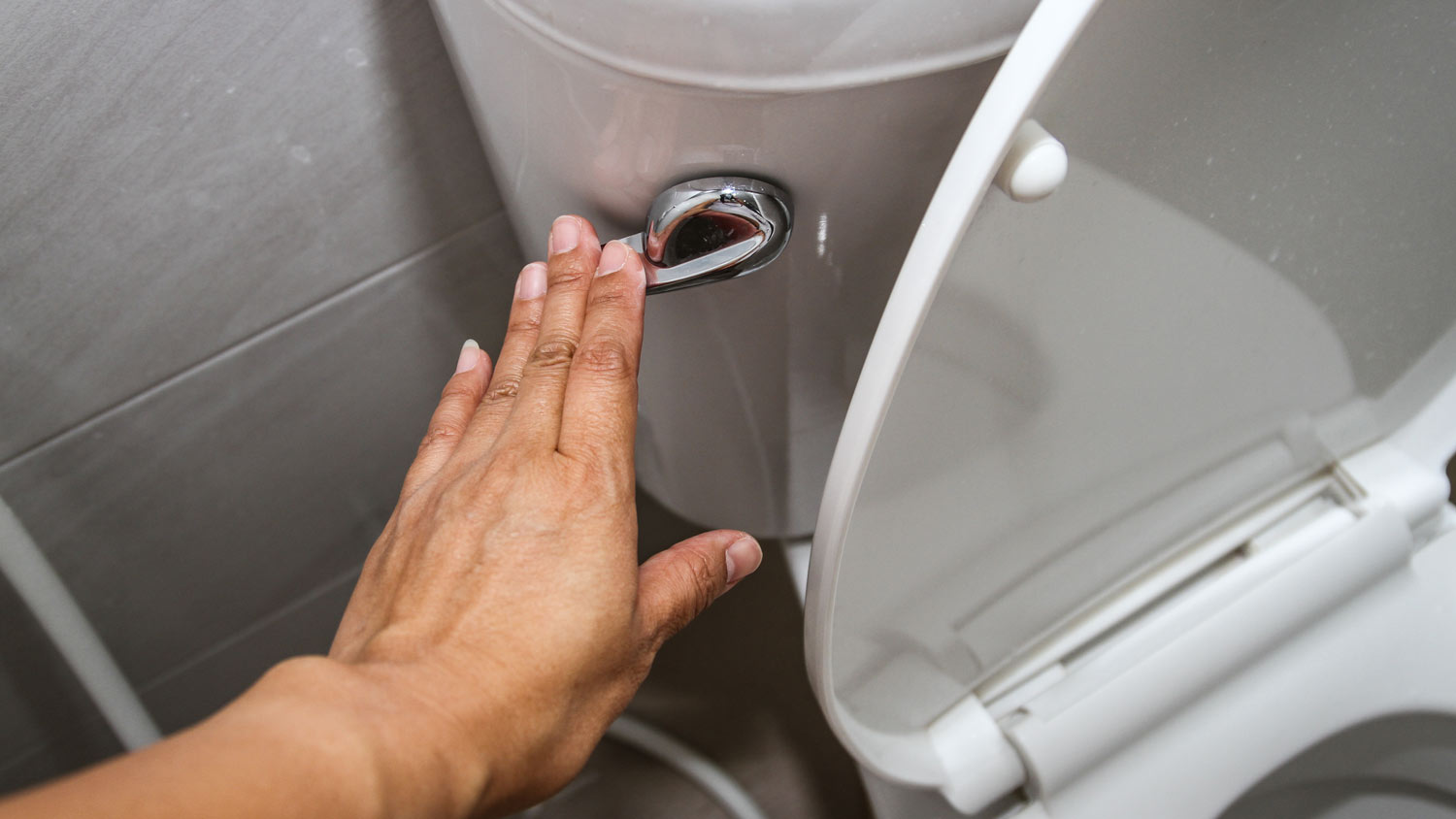
Size, materials, and labor all determine the costs of an ejector pump replacement. Follow this guide to help you find the right ejector pump for your budget.
Maximize the lifespan of your septic tank system by properly maintaining it


Septic tanks need a pump every three to five years.
Only put appropriate items down drains, and avoid grease, hair, wipes, and solid foods.
Avoid chemicals where possible to maintain a healthy amount of bacteria.
Limit your water usage to prevent septic tank overflows.
Despite your septic tank handling all things “waste” wise in the home, failing to maintain your septic tank properly can lead to a much stinkier problem. At minimum, commit to routine treatment, but for truly responsible septic tank maintenance? Well, sometimes it can get as nitpicky as handling laundry throughout the week rather than all at once.
By properly maintaining your septic tank, you ensure the highest possibility of your septic system hitting its 30-year average lifespan. Keep reading to learn more.
Every septic system has two parts: a drain field (sometimes known as a leach field) and a septic tank. The size of your septic tank and scale of the drain field system will vary by house, so obtain as much information as possible from the previous owner if you’re purchasing a home with a septic system.
If the previous owners don’t have the documentation needed, you can also contact your local municipality to source records of permits, installations, and an "as-built"—a drawing of the septic system.

One of the most crucial components of septic system maintenance is pumping the septic system every three to five years. Over time, waste and sludge gather throughout the drain field and in the tank itself, which can overflow into the surrounding drain field and back through your pipes as the system hits capacity.
Here’s how to tell if your septic tank is full and needs emptying:
Pooling water around your drain fields
Slow sink, bathtubs, or toilet drains
Unpleasant odors
An overly healthy lawn, such as greener, more lush grass
Sewer backup
Gurgling pipes
On average, the cost of pumping a septic tank is around $400. Keep in mind that septic tank pumping varies vastly, depending on the size of the house and the number of people living in it. If you’re concerned it’s been a while since your last septic tank pump, it’s best to hire a local septic tank company to check it out and offer some timely recommendations.
Unlike a city sewer main, repairs are on you if anything happens to your septic system. If you’re in the habit of flushing no-no items down garbage disposals or drains like solid foods, grease, wipes, or hair, try to break this habit. Flushing items that don’t decompose properly can lead to a septic tank backup and even physical damage to the system itself. If this happens, septic tank repairs can cost anywhere from $200 to $6,000 to fix.
When you buy a septic tank system, you’re also buying trillions of little working bacteria whose job is to break down the waste that enters the tank and drain field. While chemicals such as bleach may have been a cleaning mainstay when connected to city sewers, these harsh chemicals may kill the good bacteria in the septic system. Fewer bacteria mean less waste breakdown. Avoid using them when possible to provide a “healthy” workspace for the bacteria.
That large, open space in the backyard may have you pondering why previous owners never created a backyard oasis or poured a driveway there, but if you have a septic system, there’s probably a good reason. Drain field locations are finicky and created in certain spots on purpose. Unfortunately, this renders that space relatively unusable for things like swimming pools, garages, or additions.
Day-to-day drain field precautions include:
Avoiding parking cars in the area
Not planting or moving trees and other deep-rooted plants in the area
Directing rain and water away from the drain field
Not dumping large amounts of water in the area
Forgoing patios, gravel, pools, or decks in the area
Drain fields don’t make the area totally unusable, as you can still plant shallow-rooted plants and grass. If you have a little one (child or pet), this area leaves plenty of room for outdoor activities!

City sewage heads to a central location somewhere (hopefully) far from your property. Because your tank acts as the central location for all of your sewage and water, there’s a higher chance for the septic system to get overloaded. You should take extra daily precautions to save water and maximize your efficiency, such as:
Limiting the amount of time spent in the shower
Switching out older toilets for more efficient newer models
Running the laundry and dishwasher only when they’re full
Changing out showerheads for high-efficiency models
Again, a septic system pro near you can advise on further methods to keep your system operating for decades, no matter who in your family comes and goes.
From average costs to expert advice, get all the answers you need to get your job done.

Size, materials, and labor all determine the costs of an ejector pump replacement. Follow this guide to help you find the right ejector pump for your budget.

The average cost to connect to a public sewer line in Columbus, OH, depends on the linear footage, piping material, local regulations, and more.

Need to know what sewer line replacement costs in Charlotte, NC? This guide will help you prepare to budget for sewer line replacement done by local contractors.

In order to function properly, your septic tank needs to be regularly inspected and emptied. How often you should get your septic tank inspected depends on a few factors.

Got a septic tank? Then you've got a leach field. Knowing where it is helps you maintain your system. Here's how to find a leach field.

When considering a home in a rural area, you may not have access to a municipal sewer system. Learn all about living with well water and a septic tank before taking the plunge.